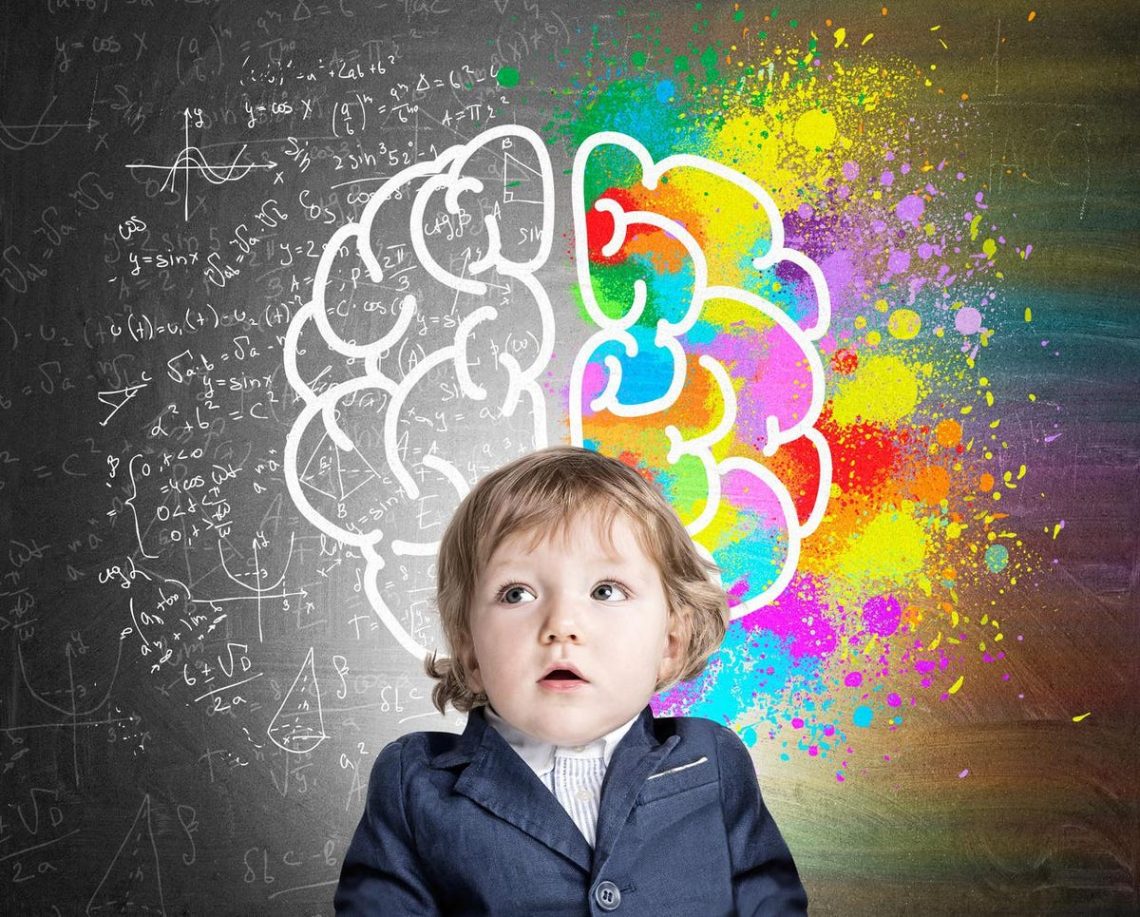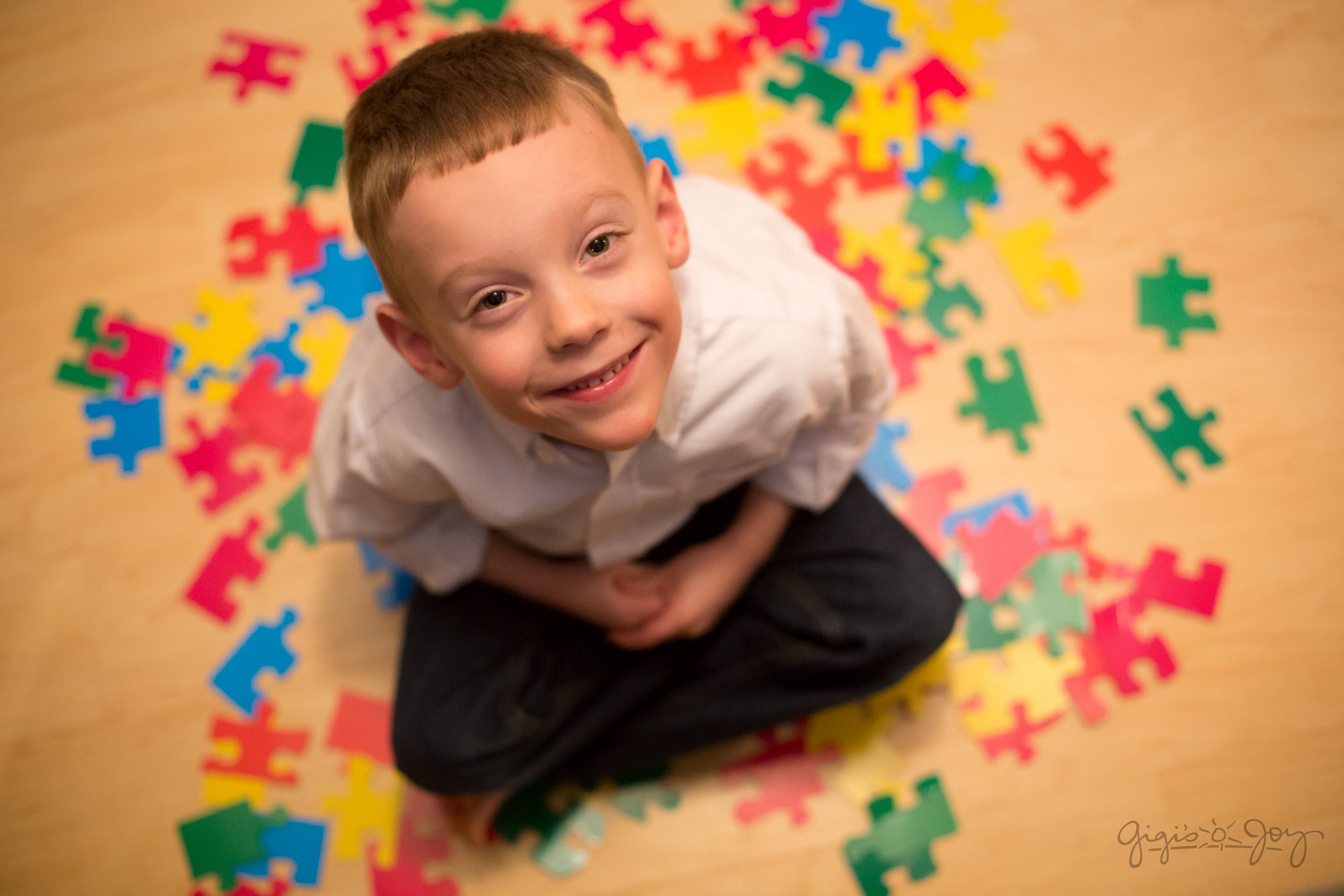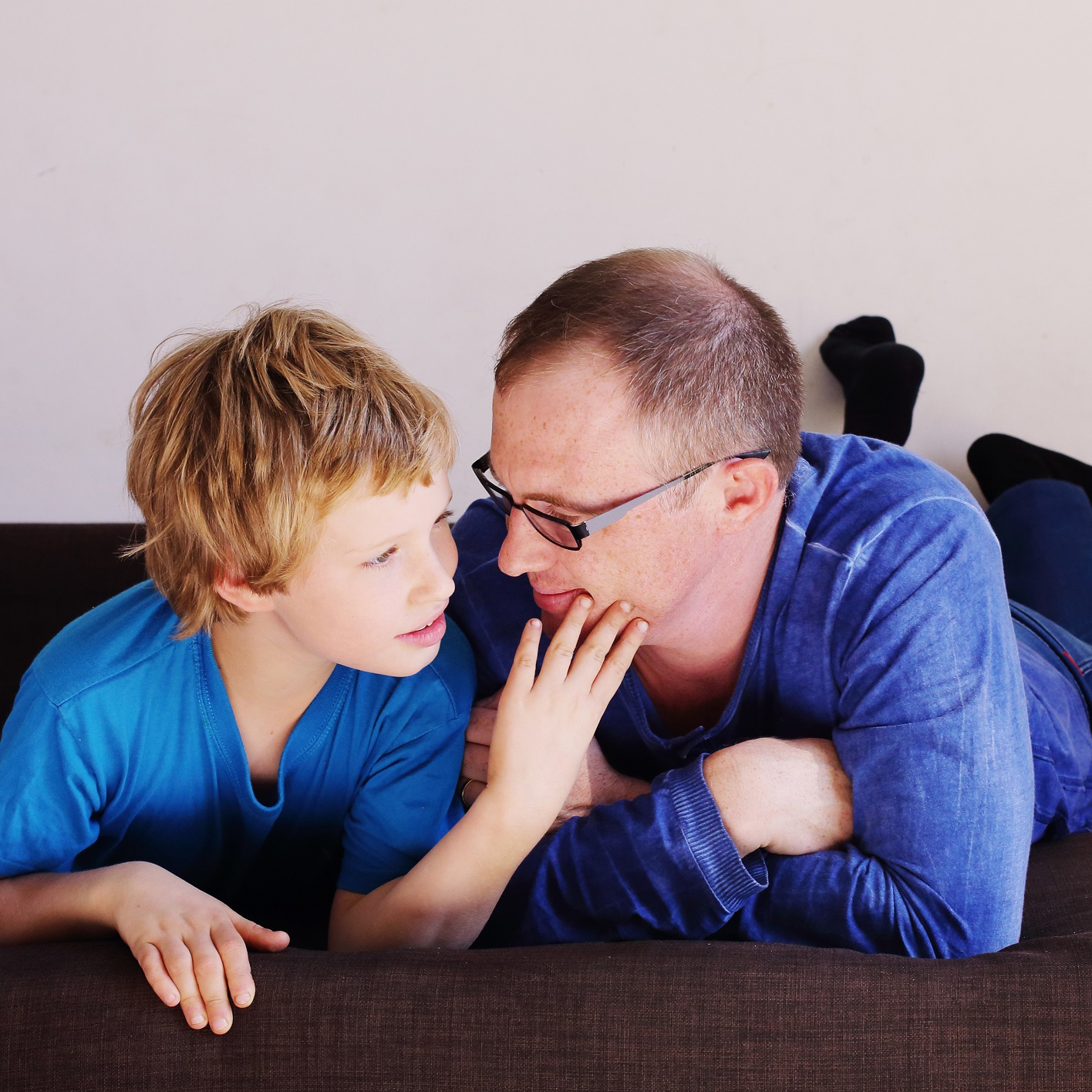
A Beginner’s Guide to Autism Spectrum Disorders
If you want to learn the basics of Autism Spectrum Disorder, this article should give you a good understanding of the basics – what is is, signs and symptoms, some therapies available for it, and more.
What is Autism Spectrum Disorder?
Autism spectrum disorder (ASD) is a complex developmental condition involving persistent challenges with social communication, restricted interests, and repetitive behaviour. While autism is considered a lifelong disorder, the degree of impairment in functioning because of these challenges varies between individuals with autism.
Early signs of this disorder can be noticed by parents/caregivers or paediatricians before a child reaches one year of age. However, symptoms typically become more consistently visible by the time a child is 2 or 3 years old. In some cases, the functional impairment related to autism may be mild and not apparent until the child starts school, after which their deficits may be pronounced when amongst their peers.
Social communication deficits may include:
- Decreased sharing of interests with others
- Difficulty appreciating their own & others’ emotions
- Aversion to maintaining eye contact
- Lack of proficiency with use of non-verbal gestures
- Stilted or scripted speech
- Interpreting abstract ideas literally
- Difficulty making friends or keeping them

Restricted interests and repetitive behaviours may include:
- Inflexibility of behaviour, extreme difficulty coping with change
- Being overly focused on niche subjects to the exclusion of others
- Expecting others to be equally interested in those subjects
- Difficulty tolerating changes in routine and new experiences
- Sensory hypersensitivity, e.g., aversion to loud noises
- Stereotypical movements such as hand flapping, rocking, spinning
- Arranging things, often toys, in a very particular manner
Specific disorders in the Autism Spectrum Disorder Category of DSM 5 include:
Autistic Disorder: Autism is a developmental disorder that appears in the first 3 years of life, and affects the brain’s normal development of social and communication skills.
Asperger’s Disorder: Asperger’s disorder is often considered a high functioning form of autism. It can lead to difficulty interacting socially, repeat behaviours, and clumsiness.
Rett’s Disorder: Rett’s disorder is a disorder of the nervous system that leads to developmental reversals, especially in the areas of expressive language and hand use.
Pervasive Developmental Disorder – Not Otherwise Specified (PDD-NOS): A diagnosis that is used for “severe and pervasive impairment in the development of reciprocal social interaction or verbal and nonverbal communication skills, or when stereotypes behaviour, interests, and activities are present, but the criteria are not met for a specific PDD” for several other disorders.
Childhood Disintegrative Disorder: Childhood disintegrative disorder is a condition in which children develop normally through age 3 or 4. Then, over a few months, children lose language, motor, social, and other skills that they already learned.
Risk Factors
The current science suggests that several genetic factors may increase the risk of autism in a complex manner. These include:
- Having certain specific genetic conditions such as Fragile X Syndrome and Tuberous Sclerosis has been identified as conferring a particularly increased risk for being diagnosed with autism.
- Certain medications, such as valproic acid and thalidomide, when taken during pregnancy, have been linked with a higher risk of autism as well.
- Having a sibling with autism also increases the likelihood of a child being diagnosed with autism. Parents being older at the time of pregnancy is additionally linked with greater risk of autism.
Vaccines on the other hand have not been shown to increase the likelihood of an autism diagnosis, and race, ethnicity or socioeconomic status does not seem to have a link either. Male children tend to be diagnosed with autism more often than females, although this ratio is changing over time.
Treatment
While there is no “cure” for autism, there are several effective interventions that can improve a child’s functioning:
Applied behavioral analysis: It involves systematic study of the child’s functional challenges, which is used to create a structured behavioral plan for improving their adaptive skills and decreasing inappropriate behavior
Social skills training: Done in group or individual settings, this intervention helps children with autism improve their ability to navigate social situations
Speech & language therapy: It can improve the child’s speech patterns and understanding of language
Occupational therapy: This address adaptive skills deficits with activities of daily living, as well as problems with handwriting

Parent management training: Parents learn effective ways of responding to problematic behavior and encouraging appropriate behavior in their child. Parent support groups help parents cope with the stressors of raising a child with autism
Special education services: Under an Individual Education Plan provided by their school, which accommodates for their social communication deficits, restricted interests, and repetitive behaviors, children with autism can achieve their fullest potential academically. This includes special day classes for very young children to address language, social, and life skills.
Treating co-occurring conditions: Children with autism experience insomnia, anxiety, and depression more often than peers without autism. They also more often have ADHD. Children with autism may have different intellectual requirements to be addressed. The impact of these conditions can be reduced with the proper services, which include all of the above, in addition psychotherapy and/or medication treatment
Medication: A child psychiatrist can evaluate for co-morbid depression, anxiety, and impulsivity. If appropriate medications can be helpful. For example, autism-related irritability can be reduced by medications such as aripiprazole and risperidone.
Several complementary and alternative interventions involving special diets and supplements have been tried over the years by parents/caregivers seeking ways to help their child with autism function better. To date compelling evidence has not been found to clearly recommend any such specific interventions. Research into these types of interventions continues, and parents/caregivers interested in them should discuss them with their child’s treating clinician.
Can Someone with Autistic Spectrum Disorder Still Lead A Successful Life?
What do the following people: Jerry Seinfeld (award-winning comedian), Lionel Messi (8-time Ballon D’Or Winner), Bill Gates (co-founder of Microsoft), Sir Anthony Hopkins (award-winning actor/director), Satoshi Tajiri (Pokémon creator) and Alexis Wineman (Miss America) have in common? If you guessed that they are all on the ASD spectrum, you’re absolutely correct. And that’s not counting luminaries of the past like Mozart, Albert Einstein, Michelangelo and Leonardo Da Vinci.
So to answer the question above, yes they can, and they often do!
You May Also Like

Understanding the Laws of Attraction.
2022-03-02
Are You the Blacksheep of the Family?
2022-08-04

